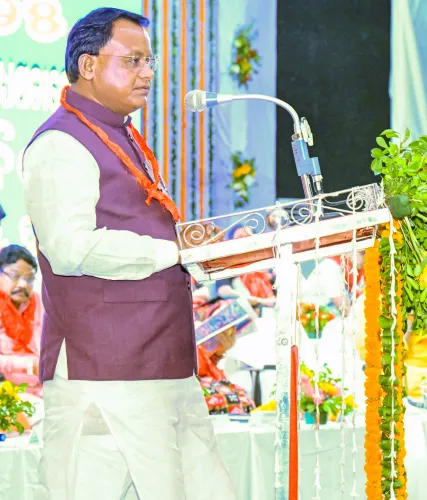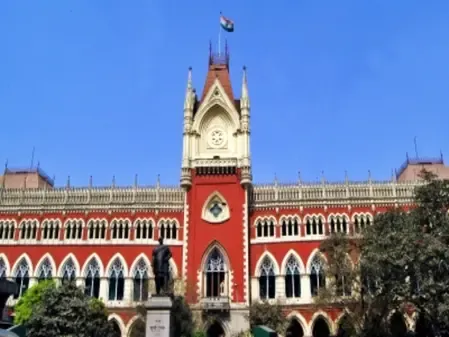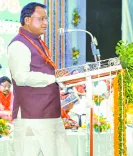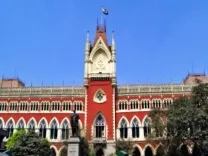What Steps is Maharashtra Taking for Flood Relief?
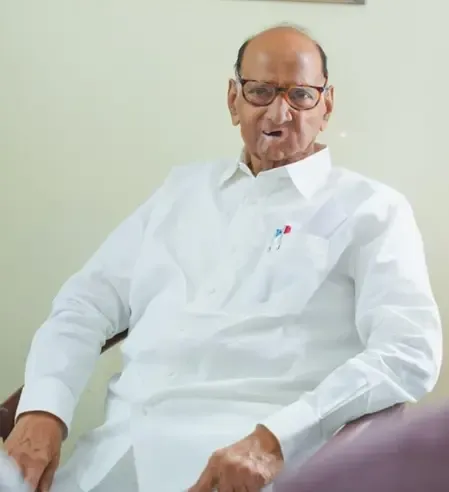
Synopsis
Key Takeaways
- Urgent call for government action to mobilize resources for flood relief.
- Significant impact on farmers, crops, and livestock due to heavy rainfall.
- Bottlenecks caused by public visits are hindering effective relief efforts.
- Need for activation of public distribution systems and healthcare facilities.
- Long-term focus on rebuilding education for affected students.
Mumbai, Sep 27 (NationPress) Sharad Pawar, the former Union Agriculture Minister and current leader of the NCP-SP, has urgently appealed to the Maharashtra government to mobilize additional personnel and officials from various departments such as revenue, agriculture, and irrigation from surrounding districts. This request comes in light of the extensive damage suffered by farmers due to recent heavy rains and flooding.
In a post shared on X on Friday, Pawar stated: "Having led the state during crises like the Mumbai bomb blasts and the Latur earthquake, I understand the vital role the government plays in reconstructing the lives of those affected by such disasters. The Maharashtra government's commitment has been evident in their tireless efforts during challenging times. Our collective support is crucial. I sincerely hope the state will act swiftly to assist the affected and empower them for recovery."
He emphasized the urgency of accelerating damage assessments and enhancing relief and rescue operations, noting that the relentless rainfall has inflicted severe losses on farmers, damaging crops and resulting in significant livestock casualties.
"The magnitude of this crisis is staggering. The torrential rains have impacted not only the agricultural sector but also significantly affected small and large businesses, artisans, and agricultural workers in rural areas. The calamity has disproportionately affected the twelve Balutedar communities and marginalized groups within these villages," he added.
Pawar highlighted the pressing shortages of fuel and food at the village level, indicating an urgent need to activate the public distribution system. He warned of potential disease outbreaks and stressed the importance of providing prompt healthcare to mitigate these risks. Additionally, he noted that students' education has been disrupted, necessitating immediate attention.
However, Pawar also expressed concern over the overwhelming influx of Ministers and public representatives to the affected regions, stating that this has diverted the focus of government efforts from damage assessments and relief operations to fulfilling protocol duties. This has led to delays in critical assessments and posed risks to the continuation of relief efforts.
Reflecting on past experiences, Pawar recounted that during the Latur earthquake, he had to restrict the visits of public representatives to ensure that damage assessments and relief operations were not obstructed. He had also requested other leaders, including the Prime Minister, to postpone their visits to the affected areas temporarily.

